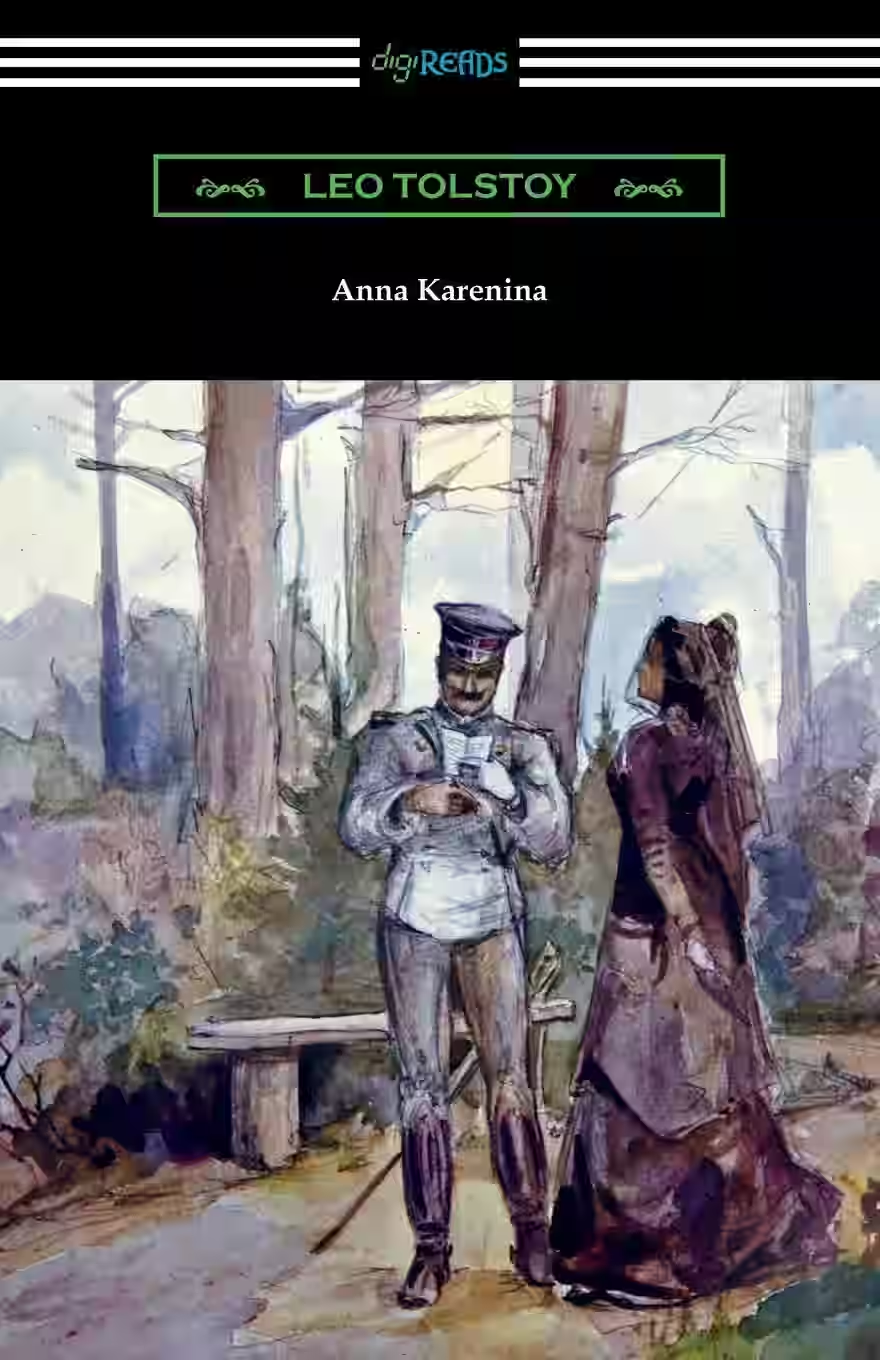
Jack Kerouac's 'On the Road' is a seminal work of the Beat Generation, capturing the essence of freedom, rebellion, and the search for meaning in post-World War II America. The novel follows the restless Sal Paradise as he embarks on a series of road trips across the country, fueled by jazz, drugs, and a longing for authentic experiences. Through Sal's encounters with the charismatic Dean Moriarty, a symbol of untamed individualism, Kerouac explores themes of self-discovery, non-conformity, and the pursuit of the American Dream. The spontaneous prose style mirrors the characters' sense of urgency and spontaneity, leaving a lasting impact on literature and countercultural movements.
About Jack Kerouac
Jack Kerouac was an influential American writer known for his spontaneous prose style and role in the Beat Generation movement of the 1950s. Born in 1922 in Massachusetts to French-Canadian parents, Kerouac's nomadic lifestyle and search for spiritual meaning greatly influenced his writing. His novel 'On the Road' (1957) became a defining work of the Beat Generation, capturing the essence of rebellion and yearning for freedom. Kerouac's works explored themes of travel, jazz music, and the pursuit of self-discovery. His impact on literature extended beyond his generation, inspiring generations of writers with his innovative storytelling and non-conformist approach to life.
Similar Books

Room With a View
by E.M. Forster
E.M. Forster's 'A Room with a View' is a captivating novel that tells the story of Lucy Honeychurch, a young English woman who embarks on a journey of self-discovery during a trip to Italy. The novel explores themes of love, societal expectations, and the clash between the rigid conventions of the Edwardian era and the individual desires of the characters. Through vivid descriptions of the picturesque Italian landscape and nuanced character interactions, Forster weaves a tale that highlights the importance of following one's true passions and desires. 'A Room with a View' is a timeless classic that continues to resonate with readers for its exploration of personal freedom and societal constraints.

The Count of Monte Cristo
The epic tale of wrongful imprisonment, adventure and revenge, in its definitive translation Thrown in prison for a crime he has not committed, Edmond Dantès is confined to the grim fortress of If. There he learns of a great hoard of treasure hidden on the Isle of Monte Cristo and he becomes determined not only to escape, but also to use the treasure to plot the destruction of the three men responsible for his incarceration. Dumas’ epic tale of suffering and retribution, inspired by a real-life case of wrongful imprisonment, was a huge popular success when it was first serialized in the 1840s.

To the Lighthouse
The serene and maternal Mrs. Ramsay, the tragic yet absurd Mr. Ramsay, and their children and assorted guests are on holiday on the Isle of Skye. From the seemingly trivial postponement of a visit to a nearby lighthouse, Woolf constructs a remarkable, moving examination of the complex tensions and allegiances of family life and the conflict between men and women. As time winds its way through their lives, the Ramsays face, alone and simultaneously, the greatest of human challenges and its greatest triumph—the human capacity for change.

Anna Karenina
by Leo Tolstoy
Acclaimed by many as the world's greatest novel, Anna Karenina provides a vast panorama of contemporary life in Russia and of humanity in general. In it Tolstoy uses his intense imaginative insight to create some of the most memorable characters in all of literature. Anna is a sophisticated woman who abandons her empty existence as the wife of Karenin and turns to Count Vronsky to fulfil her passionate nature - with tragic consequences. Levin is a reflection of Tolstoy himself, often expressing the author's own views and convictions.